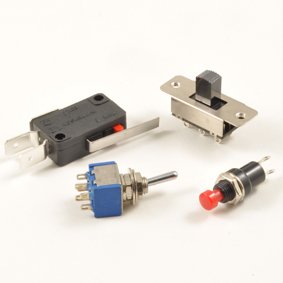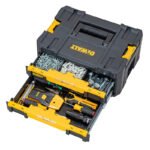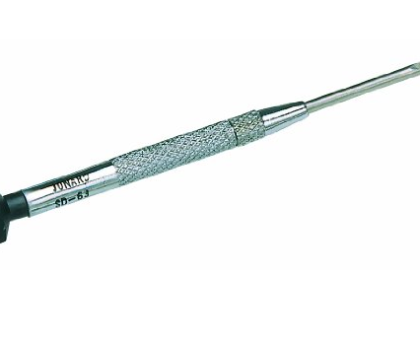Introduction
Electrical components are the building blocks of electronic devices. They are the fundamental units that make up electronic circuits and are responsible for the flow of electrical current. These components come in many shapes, sizes, and types, each with its own unique function. In this blog, we will take a closer look at electrical components in the United Kingdom (UK), including their types, importance, and overview.
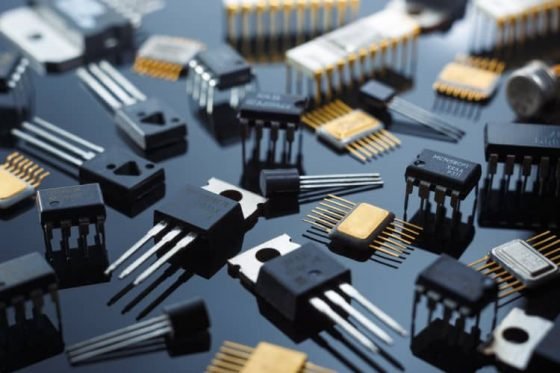
What are Electrical Components?
Electrical components UK are the basic units of electronic circuits that perform specific functions. They can be passive or active, meaning they can either store or transfer energy. Some of the most common types of electrical components include:
- Resistors: resistors are passive components that resist the flow of electrical current. They are used to regulate the flow of current in a circuit and are also used to adjust the voltage levels.
- Capacitors: capacitors are passive components that store electrical energy in an electric field. They are used in a wide range of electronic devices, including power supplies, audio systems, and computer motherboards.
- Inductors: inductors are passive components that store energy in a magnetic field. They are used in electronic devices such as transformers, filters, and chokes.
- Diodes: diodes are active components that allow electrical current to flow in one direction only. They are used in a wide range of electronic devices, including power supplies, rectifiers, and voltage regulators.
- Transistors: transistors are active components that are used to control the flow of electrical current in a circuit. They are used in a wide range of electronic devices, including amplifiers, switches, and computer processors.
- Integrated Circuits: integrated circuits are active components that are made up of multiple transistors and other electrical components. They are used in a wide range of electronic devices, including microprocessors, memory chips, and digital logic circuits.
- Relays: relays are active components that are used to switch electrical circuits on and off. They are used in a wide range of electronic devices, including automobiles, industrial control systems, and household appliances.
- Switches: switches are active components that are used to turn electrical circuits on and off. They are used in a wide range of electronic devices, including light switches, computer keyboards, and audio systems.
- Connectors: connectors are passive components that are used to connect electronic circuits together. They come in many different shapes, sizes, and types, including plugs, sockets, and terminal blocks.
- Transformers:transformers are passive components that are used to transfer electrical energy from one circuit to another. They are used in a wide range of electronic devices, including power supplies, audio systems, and computer motherboards.
- Power Supplies: power supplies are active components that are used to convert electrical energy from one form to another. They are used in a wide range of electronic devices, including computers, televisions, and medical equipment.
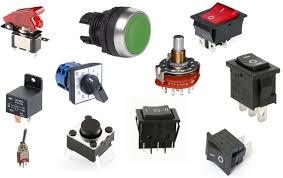
Importance of Electrical Components in the UK
Electrical components play a crucial role in the UK’s economy and society. They are used in a wide range of industries and everyday life. Some of the most important uses of electrical components in the UK include:
Electrical Components in the UK’s Industry
The manufacturing industry in the UK relies heavily on electrical components to produce a wide range of products, including automobiles, consumer electronics, and medical equipment.
The construction industry in the UK also relies heavily on electrical components to build and maintain infrastructure, including power grids, buildings, and roads.
The energy industry in the UK relies heavily on electrical components to generate, distribute, and control the flow of electrical energy.
The technology industry in the UK is one of the fastest-growing industries and relies heavily on electrical components to develop and manufacture cutting-edge technology products.
Electrical Components in Everyday Life
Household appliances in the UK rely heavily on electrical components to function, including refrigerators, washing machines, and televisions.
The automotive industry in the UK relies heavily on electrical components to produce vehicles and components, including engine management systems, power steering systems, and entertainment systems.
Medical equipment in the UK relies heavily on electrical components to diagnose, treat, and monitor patients, including X-ray machines, electrocardiographs, and ventilators.
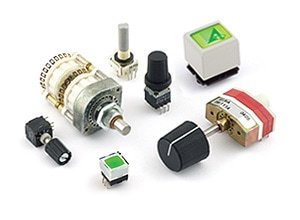
Overview of Electrical Components in the UK
The history of electrical components in the UK dates back to the early 19th century, when scientists and engineers first started exploring the properties of electricity and magnetism. Since then, the UK has been at the forefront of the development of electrical components, with many major electrical component manufacturers based in the UK.
Major Electrical Component Manufacturers in the UK
The UK is home to many major electrical component manufacturers, including RS Components, Farnell, and CPC. These companies produce a wide range of electrical components, including resistors, capacitors, inductors, diodes, transistors, and power supplies.
Import and Export of Electrical Components in the UK
The UK is a major player in the global electrical components market, with a significant share of the global market for electrical components. The UK imports and exports a wide range of electrical components, including resistors, capacitors, inductors, diodes, transistors, and power supplies.
Future of Electrical Components in the UK
The future of electrical components UK looks bright, with the industry expected to continue to grow and evolve in the coming years. The UK is at the forefront of the development of new and innovative electrical components, including integrated circuits, microprocessors, and power electronics.
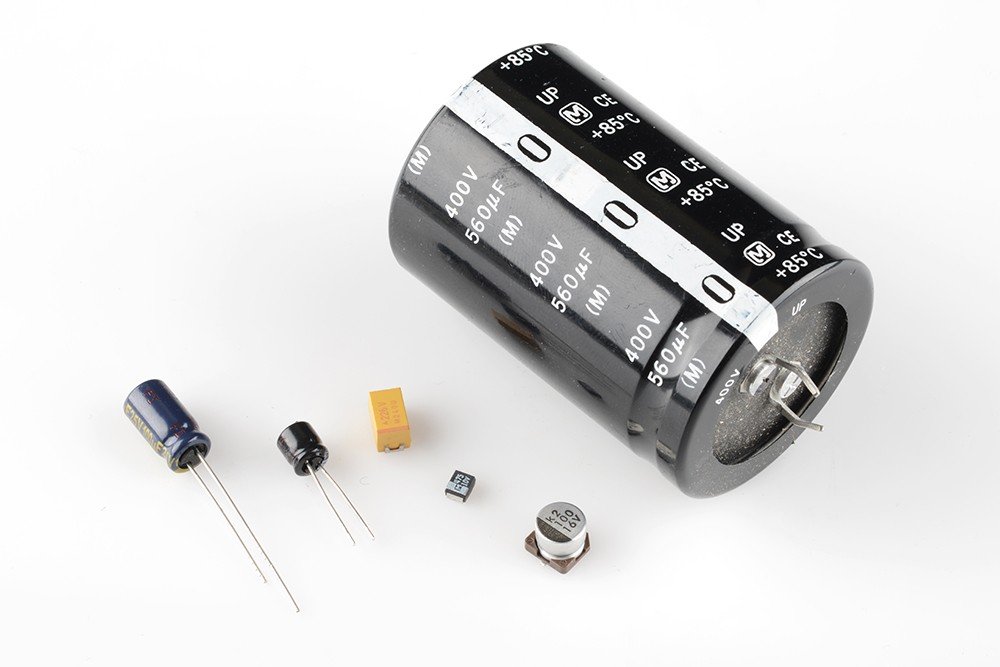
Conclusion
In conclusion, electrical components play a crucial role in the UK’s economy and society. They are used in a wide range of industries and everyday life, including the manufacturing industry, construction industry, energy industry, technology industry, household appliances, automotive industry, and medical equipment. The UK is home to many major electrical component manufacturers and is a major player in the global electrical components market. The future of electrical components in the UK looks bright, with the industry expected to continue to grow and evolve in the coming years.

